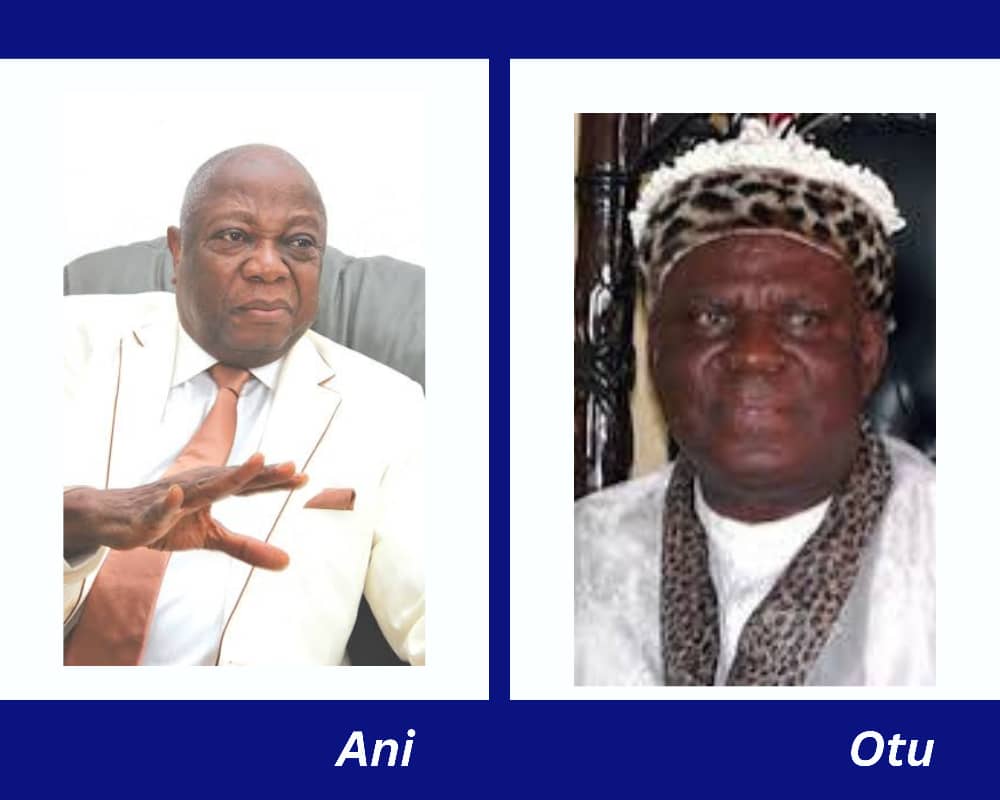
Prior to the establishment of the scheme, Nigeria was plagued by a devastating civil war that lasted three years. The unfortunate conflict known as the Nigerian–Biafran war, destroyed everything that held over 200 ethnic groups in the country together.
The war damaged the political, economic, ethnic, religious and social connections among the major ethnic groups in Nigeria with over three million casualties recorded.
After the war ended in January 1970, the government started making moves to repair the country. One of such moves gave birth to the establishment of the NYSC in 1973. Eyes Of Lagos reports gathered that,
The scheme was established by decree No 24 “with a view to the proper encouragement and development of common ties among the youths of Nigeria and the promotion of national unity”.
As an idea born out of the need to resolve a post-war crisis, the scheme was designed to encourage and develop common ties among the youths of different ethnic groups across the country.
Arguably, the scheme has successfully achieved this goal in the last 50 years by deploying fresh graduates to other parts of the country other than their state of origin or their state of birth to compulsorily serve the country for a period of one year.
Within the one-year service period, the youths are expected to interact and relate with the people of their host communities to form bonds that foster the unity of the country regardless of tribe and religion.
Graduates that participate in the NYSC scheme are called corps members.
How NYSC works
After their graduation from a university or a polytechnic, fresh graduates under the age of 30 are issued call-up letters to resume at the orientation camp in another state for their service year.
While prospective corps members get their letters to resume at NYSC camps, graduates above the age of 30 get letters of exemption from participating in the scheme.
At the camps, prospective corps members undergo paramilitary training supervised by men of the Nigerian Army for three weeks. Social activities, including skills acquisition training, at the camps are also designed to prepare the youths for life after graduation.
After this, they will be deployed to their places of primary assignment in host communities where they will serve the country for one year.
The trained corps members are mostly deployed to schools, hospitals, media houses, organisations and so on, to contribute their knowledge to the development of the country and experience other cultures.
In appreciation of their service, the Federal Government pays the serving corps members a stipend of ₦33,000 monthly — widely known as ‘allawee’ among corps members.
At the end of the service year, the corps members who have successfully ‘served their fatherland’ without violating the rules of the scheme are presented with a certificate, known as the NYSC discharge certificate. This document is very important for job applications in Nigeria.
For those who commit one offence or the other during their service year, the NYSC management punishes them by extending their service year without allowance. Some can be completely dismissed from the service depending on the severity of their offence.
The NYSC scheme is headed by a Director-General. Brig Gen YD Ahmed is the current head of the scheme.




